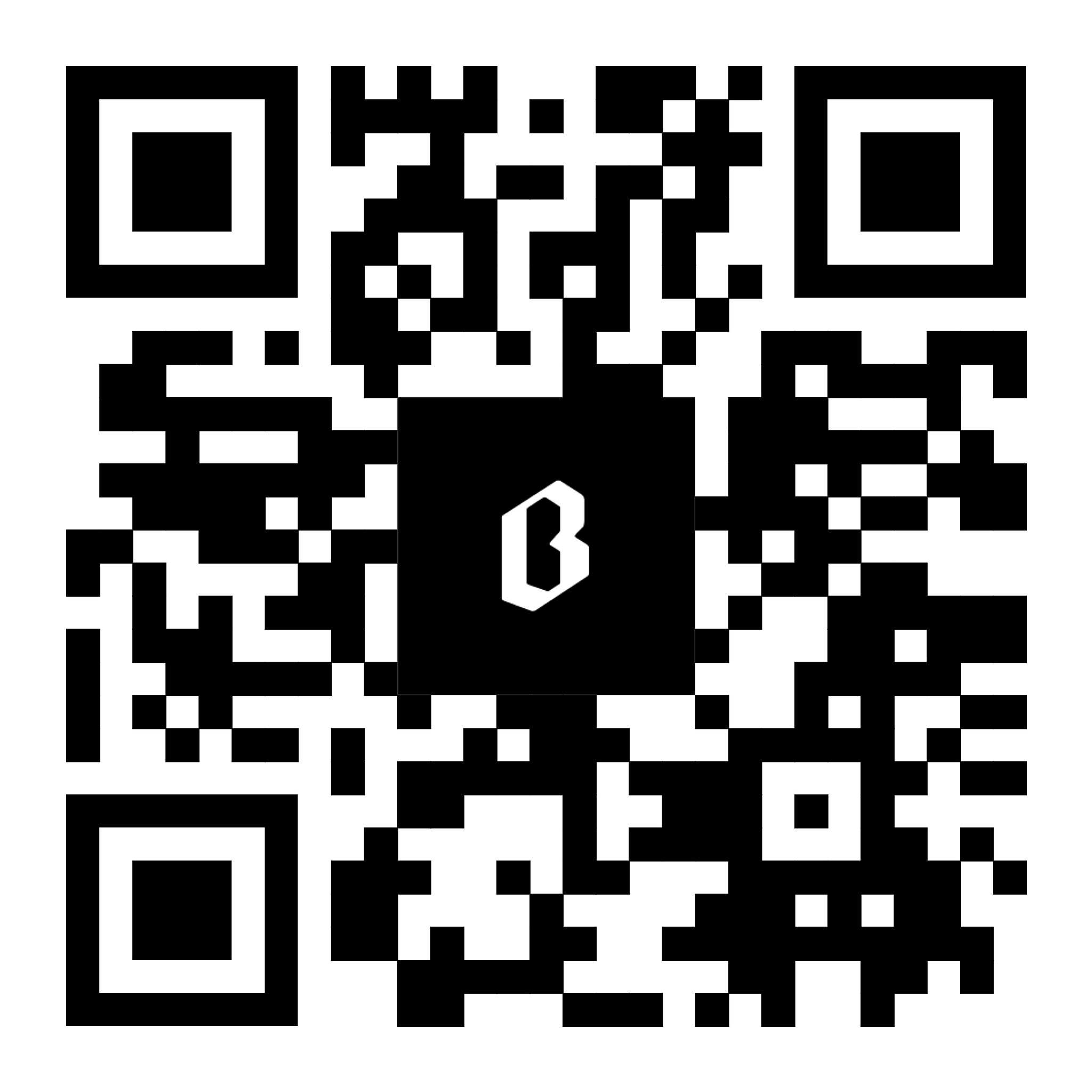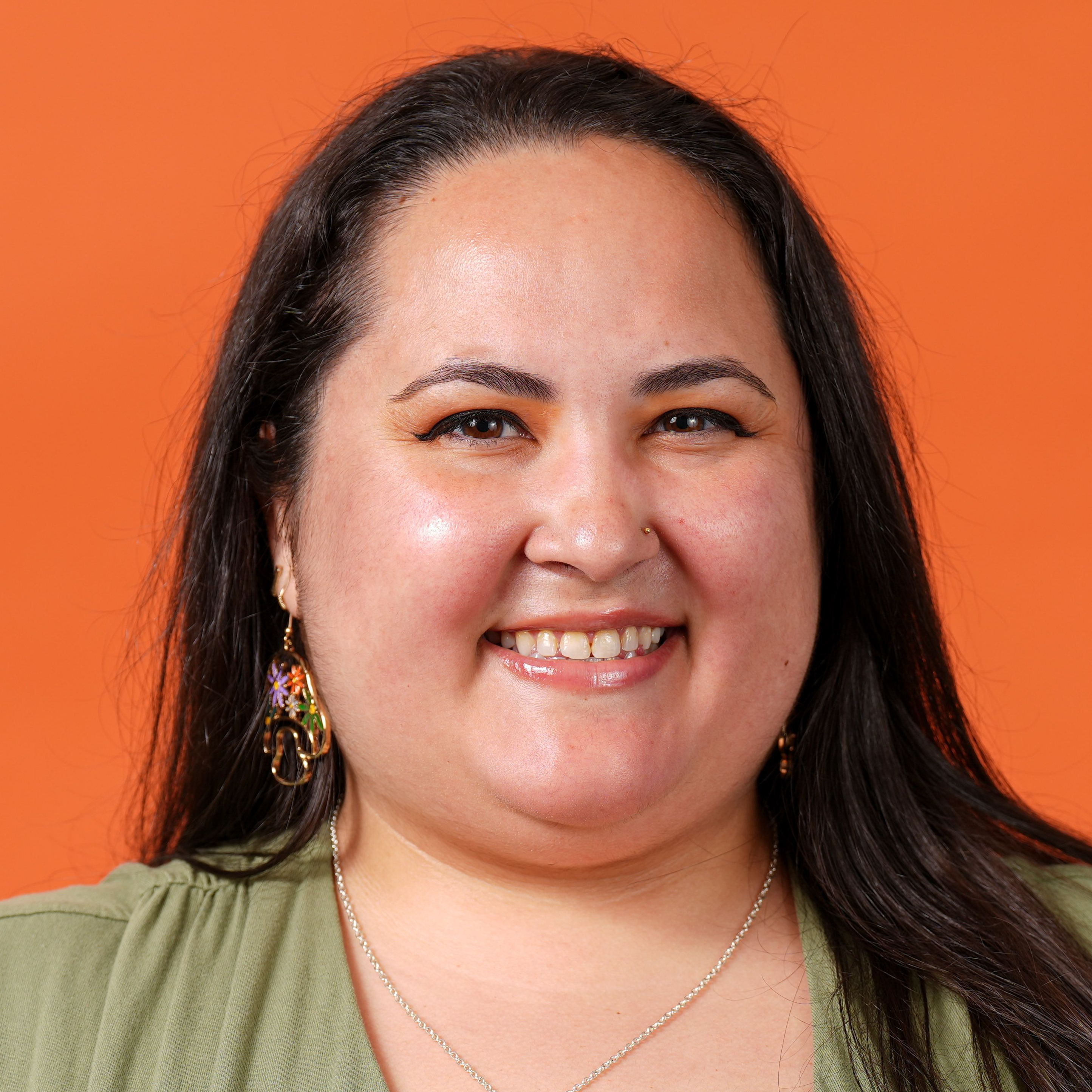A little less than two years after it was first announced, Baltimore’s initiative to curb youth violence is up and running in four city high schools.
The school-based violence intervention program is run by the mayor’s Office of Neighborhood Safety and Engagement, or MONSE, alongside Baltimore City Public Schools. It’s a pilot that aims to “shift the norms about the acceptability of violence while supporting the safety of Baltimore’s young people,” according to a news release.
Since August, the program has launched at Carver Vocational-Technical High School, Digital Harbor High School, Edmondson-Westside High School and Mergenthaler Vocational-Technical High School. All four schools have dealt with shootings involving their students or near their campuses in the last few years.
“This is about recognizing that incidents of violence outside in our communities can easily make their way into the school building and vice versa,” MONSE Director Stefanie Mavronis said. “We should not only be thinking about how we serve our young people or connect them with services once a tragedy happens, or once a young person gets into trouble.”
Part of that work is promoting healthy conflict resolution, intervening in conflicts before or when they arise and working alongside community partners that have credibility with students and can help transform school cultures, she added.
The program uses intervention specialists to mediate conflicts and prevent them from escalating into violence in schools and their communities, said Arnetta Shelton, chief of community violence intervention for the public safety office. It also provides targeted counseling for high-risk students, such as those who lost a sibling or friend to violence. Students interested in getting more involved can get leadership development and conflict mediation training.
Teenage gun violence surged in early 2023, months after the intervention program was initially announced. Eleven residents between the ages of 13 and 18 were shot and killed in the deadliest start to a year for Baltimore teens since at least 2015. By 2024, the trend had reversed — fewer teens were shot in Baltimore in the first half of 2024 than in any equivalent period in the last decade. Baltimore has seen a drop in gun violence and homicides overall this year.
On Tuesday, city and school officials gathered at Carver to let residents know “that we are launched and that this program that folks have been hearing about [being] underway for a few years has finally come to fruition,” Mavronis said.
City Council President Zeke Cohen said as a dad with kids in the city school system, preventing violence is “deadly serious and it is very personal.”
“Post pandemic, we have not fully addressed the mental health crisis that kids in Baltimore and kids across the country have faced,” Cohen said. “But we know that now is the moment to do it, and that no one else is coming here to do it for us.”
Mavronis said participating schools have already seen a shift in culture and atmosphere.
Each school is paired with a community organization selected in part by the principal. For example, both Carver and Digital Harbor are partnered with The Movement Team, a youth- and family-focused nonprofit. Since the start of the school year, Movement has done 46 intervention sessions with students and documented 25 times where they were able to intervene in a conflict before it turned violent, Mavronis said. During those mediations, where young people “just can’t see eye to eye,” specialists work on helping them understand each other better.
Council member Zac Blanchard has spent the last several years coaching football at Digital Harbor. He said at this time last year, the school had 99 suspensions on the books; that number dropped to 67 this year. Attendance has improved, too.
The pilot was initially slated to launch in 2023 as a part of Mayor Brandon Scott’s five-year violence prevention strategy. It took some time to get underway because it’s new work, Mavronis said, and her office had to work in tandem with the city school system and the principals at each of the participating schools.
Mavronis said her office sees the pilot program as a “component of this community violence intervention ecosystem that Mayor Scott has charged our agency with helping foster in Baltimore.”
The program has $1.1 million in funding so far in a mix of private and government funds, including from the National League of Cities.
Mavronis envisions the pilot program running through at least the end of next school year, at which point there will be an independent evaluation of its effect on reducing violence, suspensions and expulsions as well as “what kind of transformation we’re seeing for young people.” Her office will also explore expanding into other schools.
In January, the pilot will start tapping paid student ambassadors to help draw their peers into the program.
About the Education Hub
This reporting is part of The Banner’s Education Hub, community-funded journalism that provides parents with resources they need to make decisions about how their children learn. Read more.





Comments
Welcome to The Banner's subscriber-only commenting community. Please review our community guidelines.